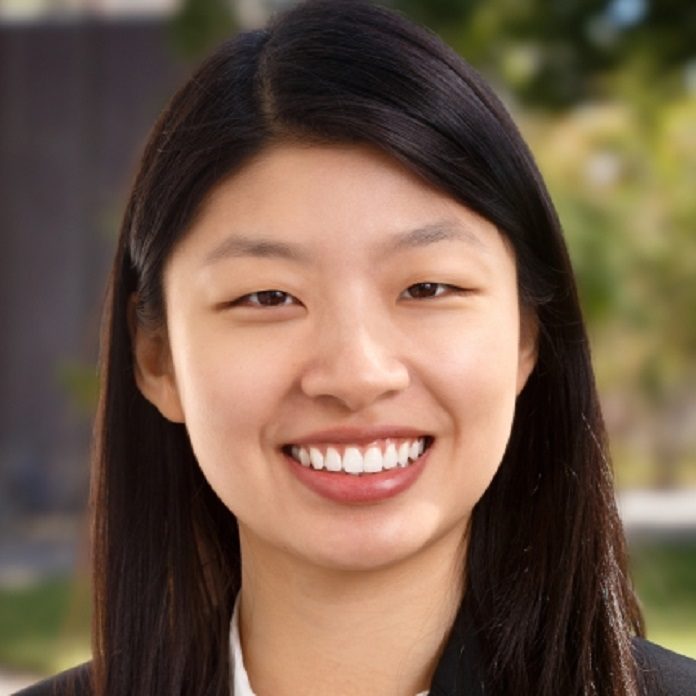For as far back as four years, Jing Li ’11 has been contemplating energy technology that could help the world move to a low-carbon future. Her mastery is innovation dispersion and selection. Crisp out of a financial matters PhD program at Harvard, Li says she “adores considering how innovative advance occurs, how innovation is embraced.”
She’s coming back to MIT to do that and the sky is the limit from there — first as a postdoc for a year and afterwards as a collaborator teacher of connected financial aspects at the MIT Sloan School of Management.
Her examination concentrates on the race to bring better batteries into the commercial centre. The accessibility of minimal effort, high-vitality thickness, versatile, and safe batteries is basic in both transportation and power age, which are two of the most dirtying segments in the vitality environment, Li calls attention to. Better batteries could mean higher proficiency and lower emanations.
“We’re not exactly there yet as far as battery innovation that checks all the cases, however for what reason not? There are numerous licenses out there, however when do we hope to see them available?” she says.
Li’s preparation in financial matters enables her to look at each progression as an innovation advances from the lab to the commercial centre. She trusts her examinations will help accelerate that procedure.
“Vitality is basic to regular day to day existence, and low-carbon vitality is basic to tending to environmental change concerns,” she says. “Sooner or later, I just began reasoning about that, and I couldn’t give up.”
Li composes her exploration on innovation selection around three centre inquiries. In the first place: Why aren’t reception rates as high as we’d like or expect for a promising innovation? Cost and value are some of the time the obstacle, yet not generally. Here and there it’s an issue of a foundation, as in the case of electric autos, which Li concentrated on in her paper. Electric autos require a dependable system of charging stations before across the board appropriation is conceivable.
Li’s second inquiry manages the secrets of mechanical development. She asks: “Is mechanical advancement a black box, and we should simply pause? Or then again is there scope for government approach to quicken development by tending to wasteful aspects?” She ponders examples in which all the more subsidizing for fundamental research could have any kind of effect, or in which the creations are prepared yet firms or shoppers require a push as measures, for example, government endowments for the item to accomplish more elevated amounts of selection.
The last inquiry driving her examination is: How would we be able to take care of developing vitality demand in creating nations while securing human well-being and nature? Through the span of her training and the start of her exploration vocation, Li has investigated fields from advancement financial aspects to ecological financial matters and mechanical association.
“In case we will enhance the lives of individuals in creating nations, vitality utilization will assume a major part,” she says. “Be that as it may, in the meantime, how to improve human well-being by reducing contamination, enhancing air quality?”
With her quick-moving toward residency especially at the forefront of her thoughts, Li has plans to investigate the financial aspects educational modules at the Institute to check whether there are any holes in what’s being advertised.
“There’s a background marked by top-notch vitality financial matters classes at MIT,” she says. “I need to take in more of the classes that are being educated as of now and bring back a portion of the extremely imperative parts of classes that are no longer near.”
She intends to meet with an extensive variety of understudies — from Sloan MBAs to students in designing, science, and the humanities — to detail a feeling of which vitality and financial aspects issues they feel are generally essential. She’s remembering learning outside the classroom, as well. As a student, she says she profited gigantically from the Undergraduate Research Opportunities Program (UROP) “taking in a considerable measure about the snort work of research.” And If the correct research opportunity presents itself, she says she intends to make a UROP for students working in vitality financial matters.
Li says she anticipates the opportunity to offer back to her institute of matriculation.
“MIT just feels exceptional to me in a way that I can’t expressive,” she says. “To me, it’s geeks — in the best feeling of the word — meeting up to praise learning and information.”
